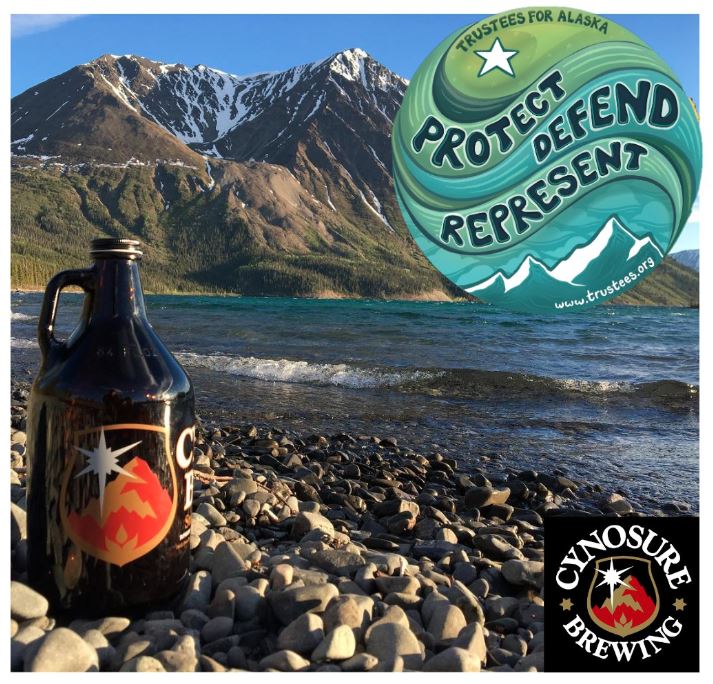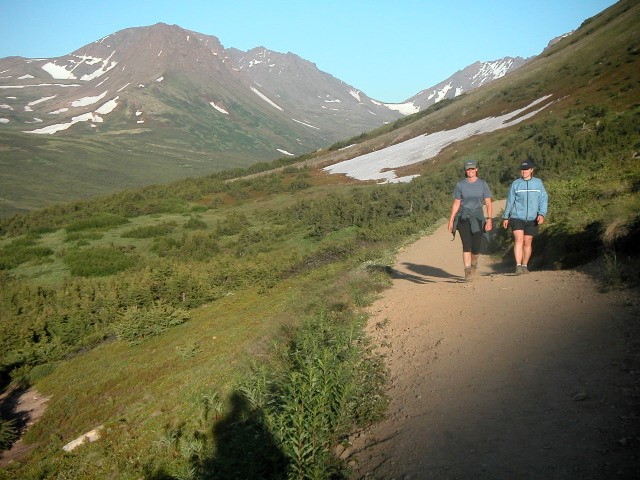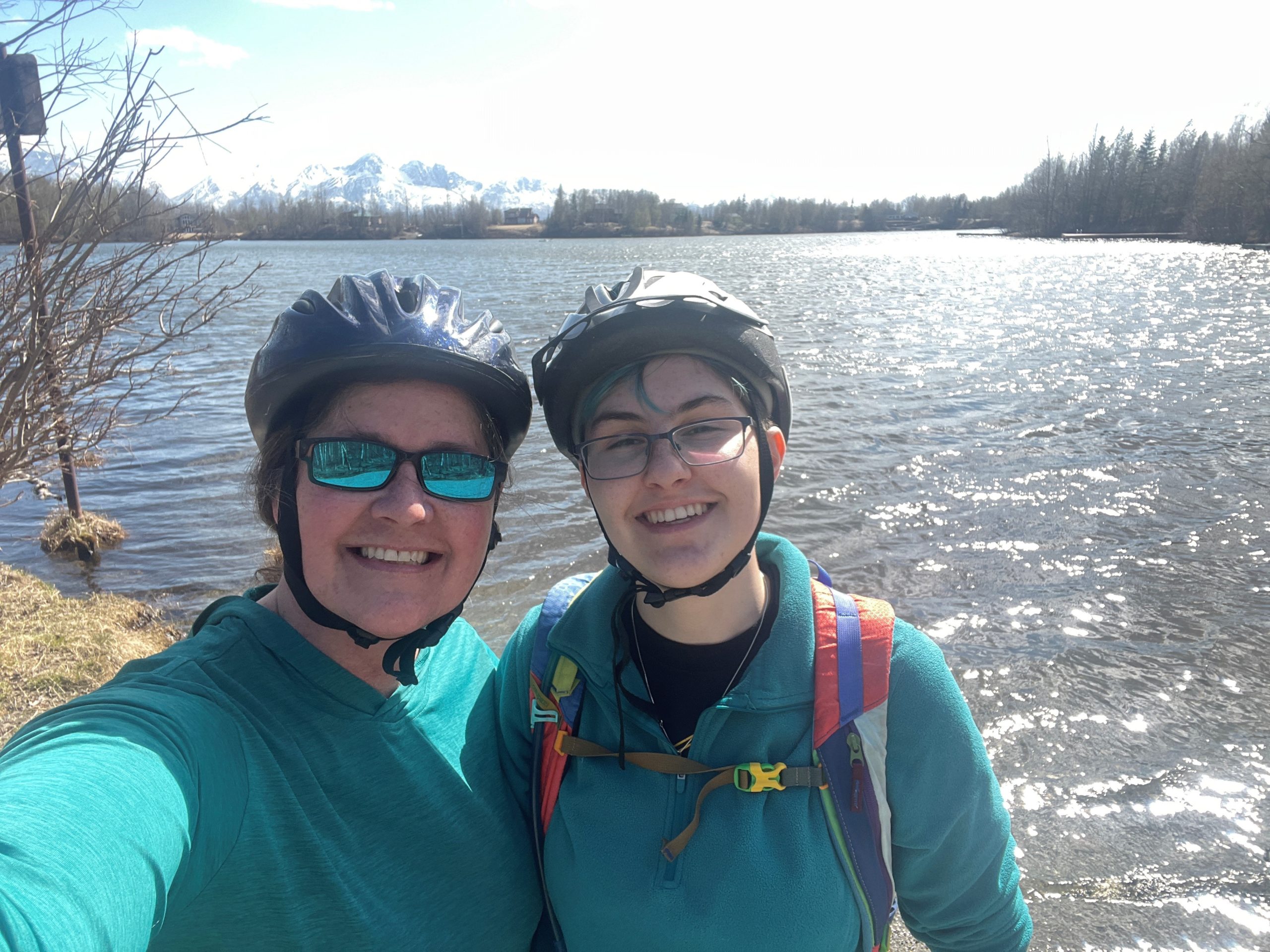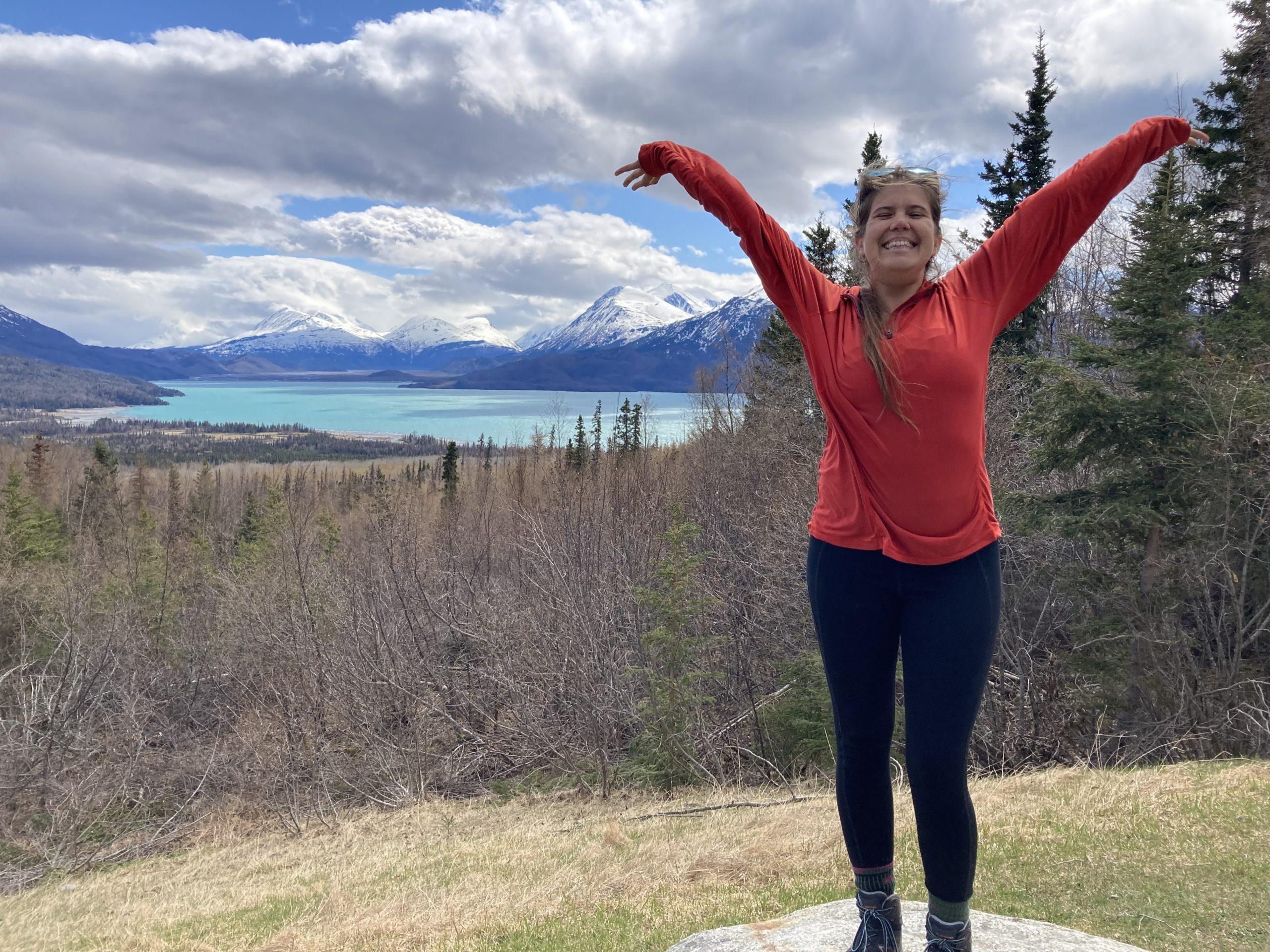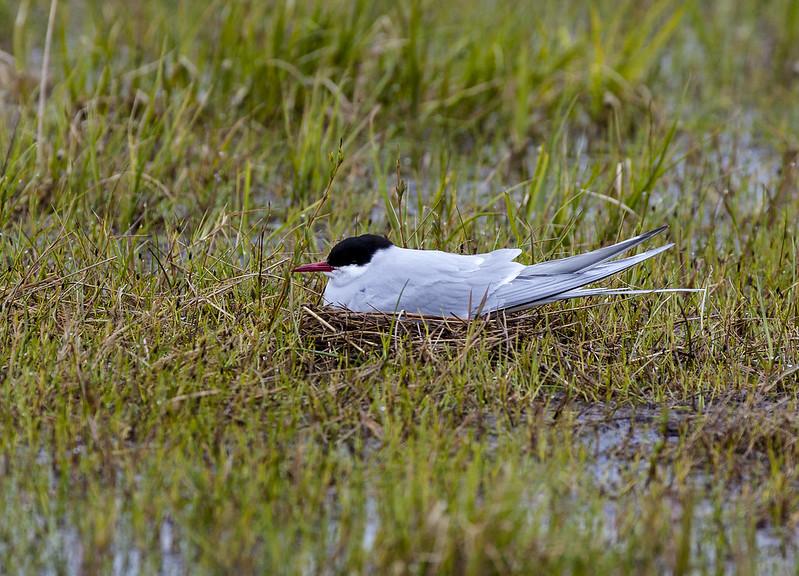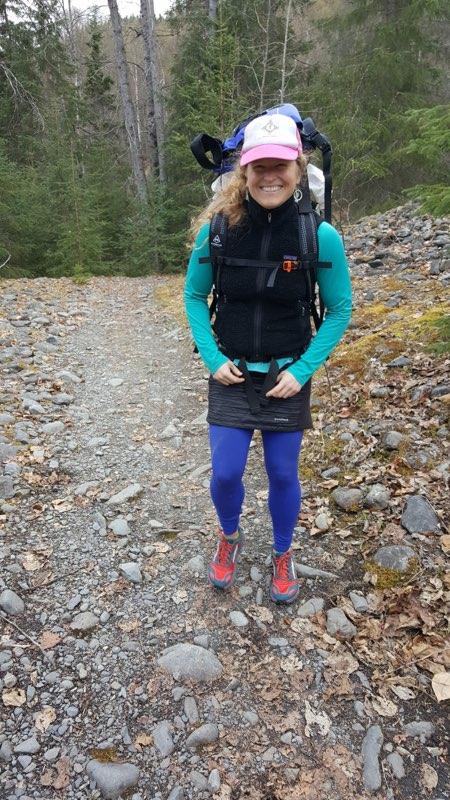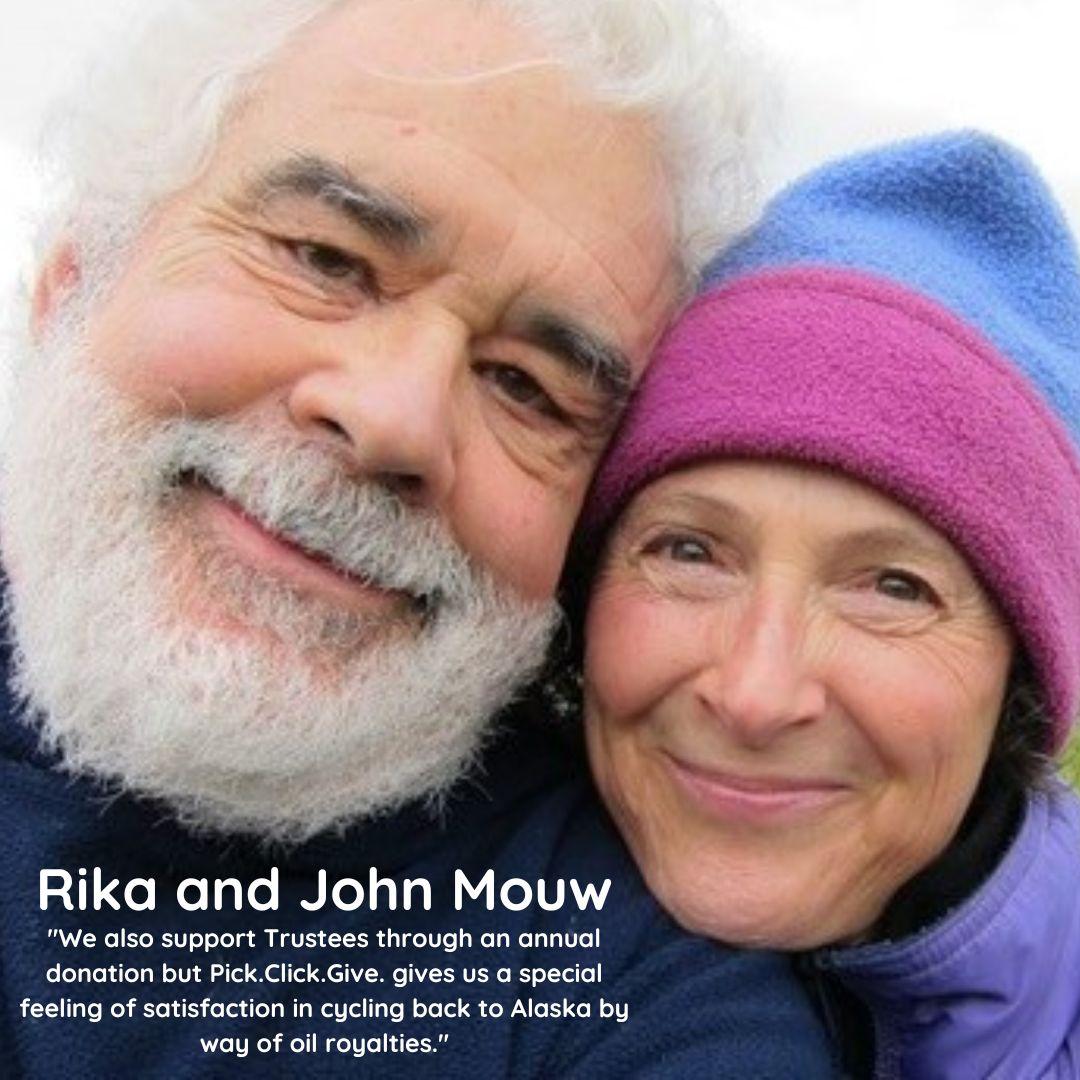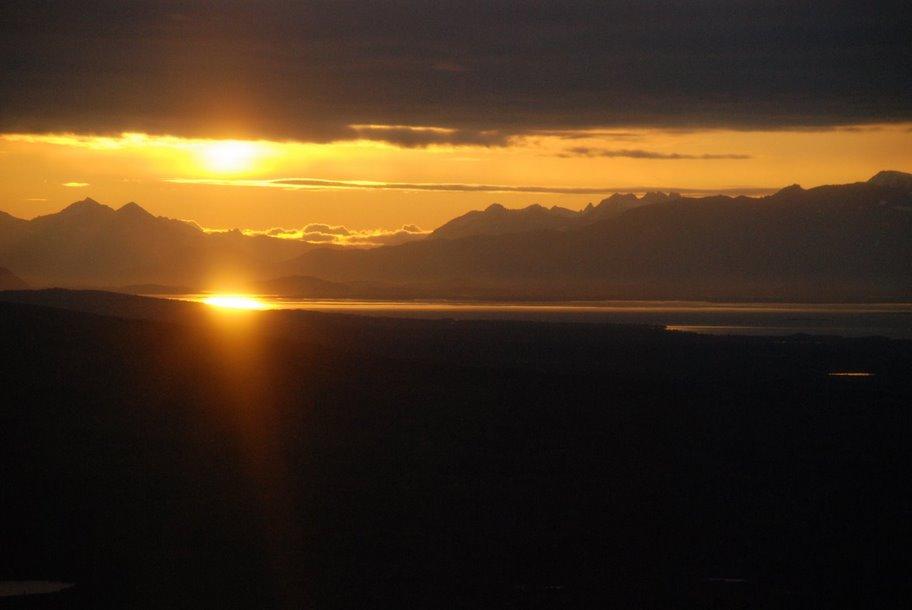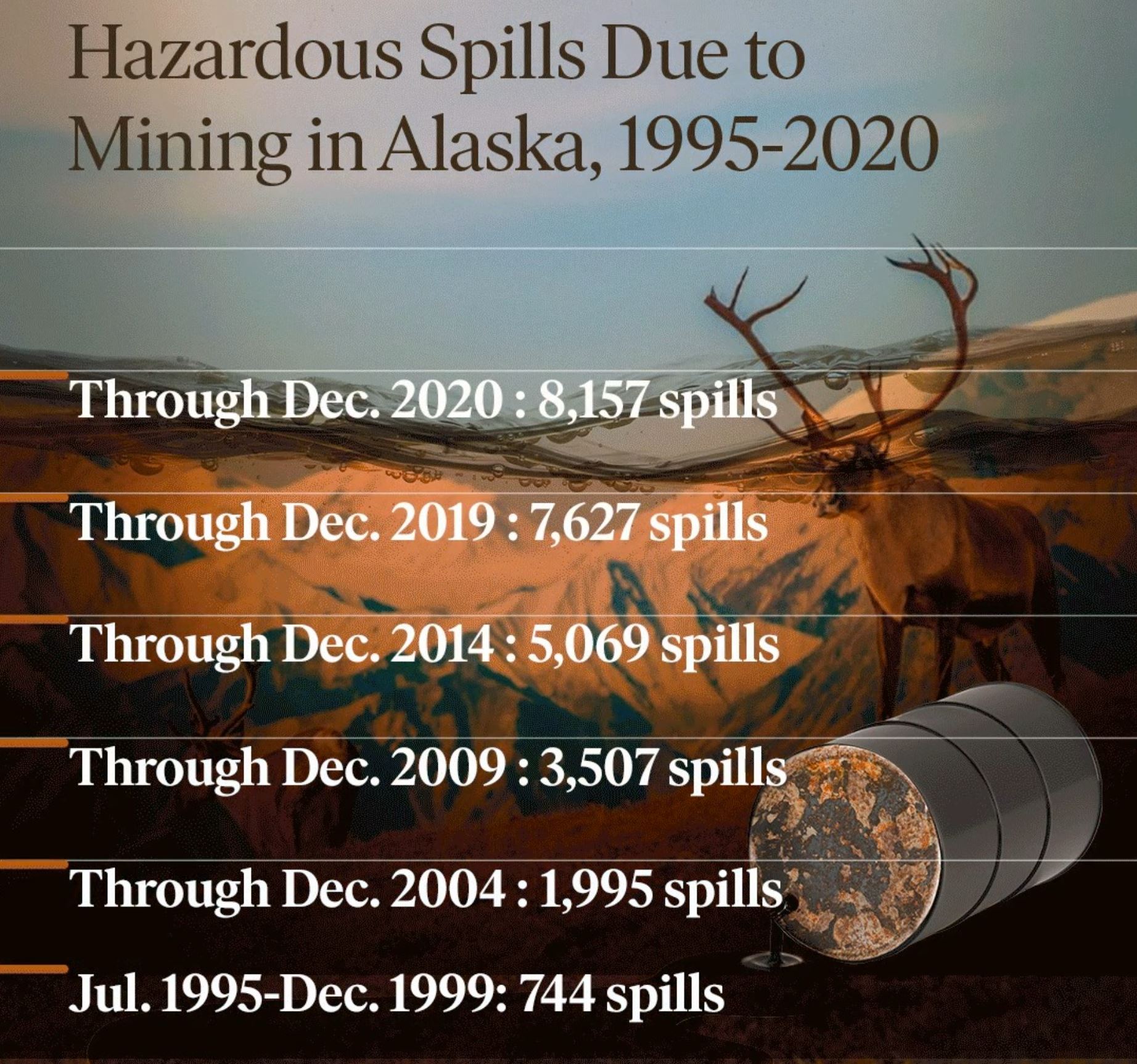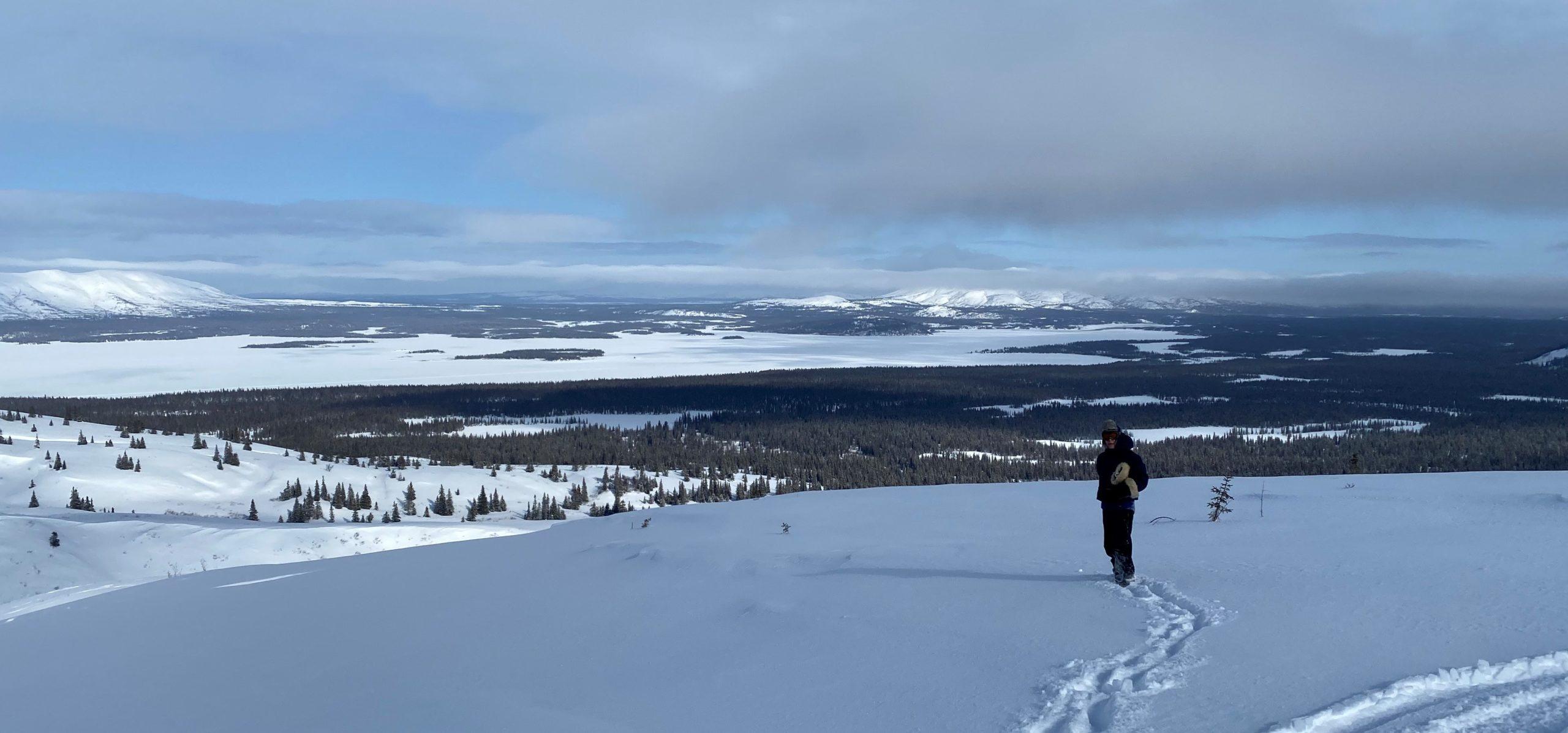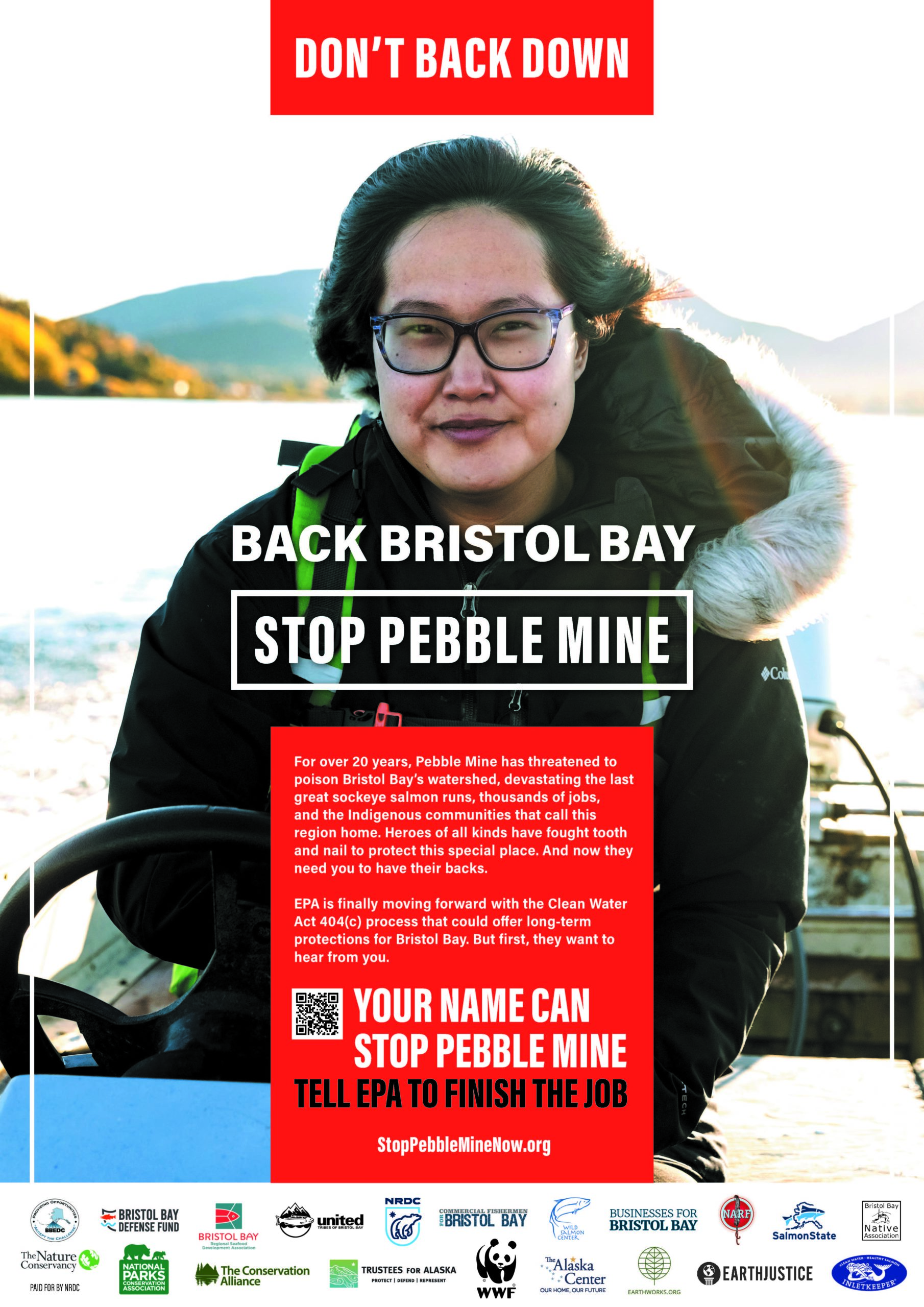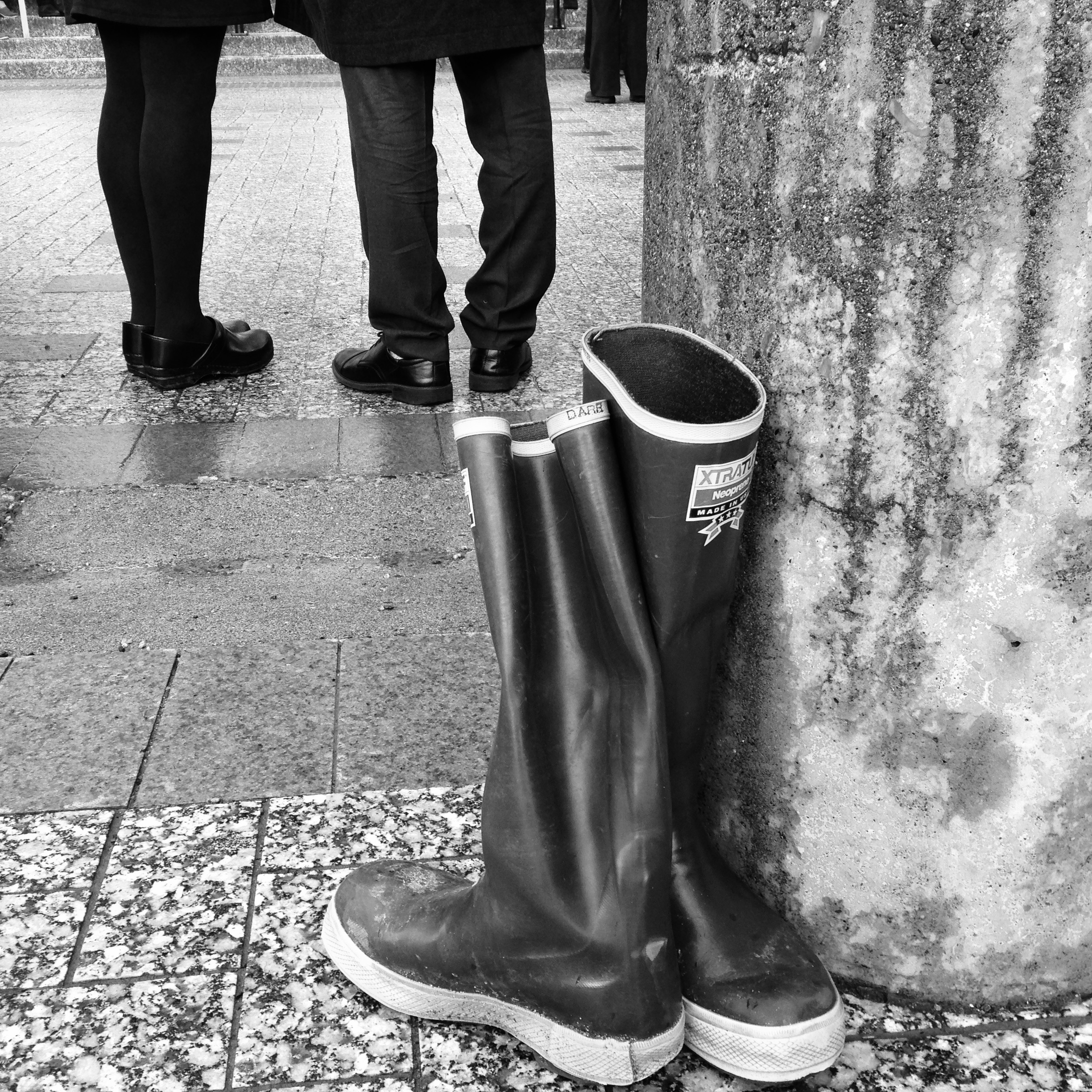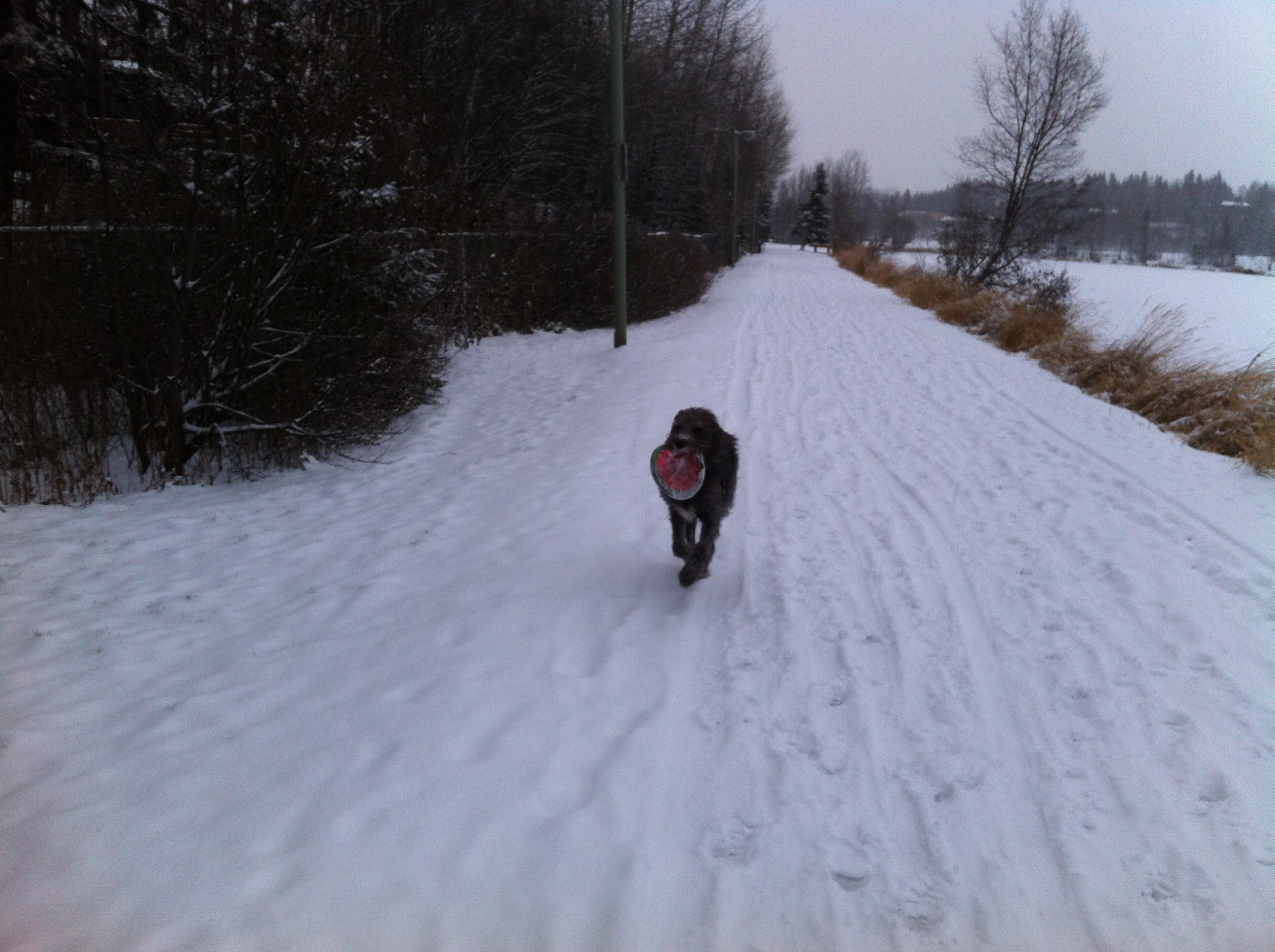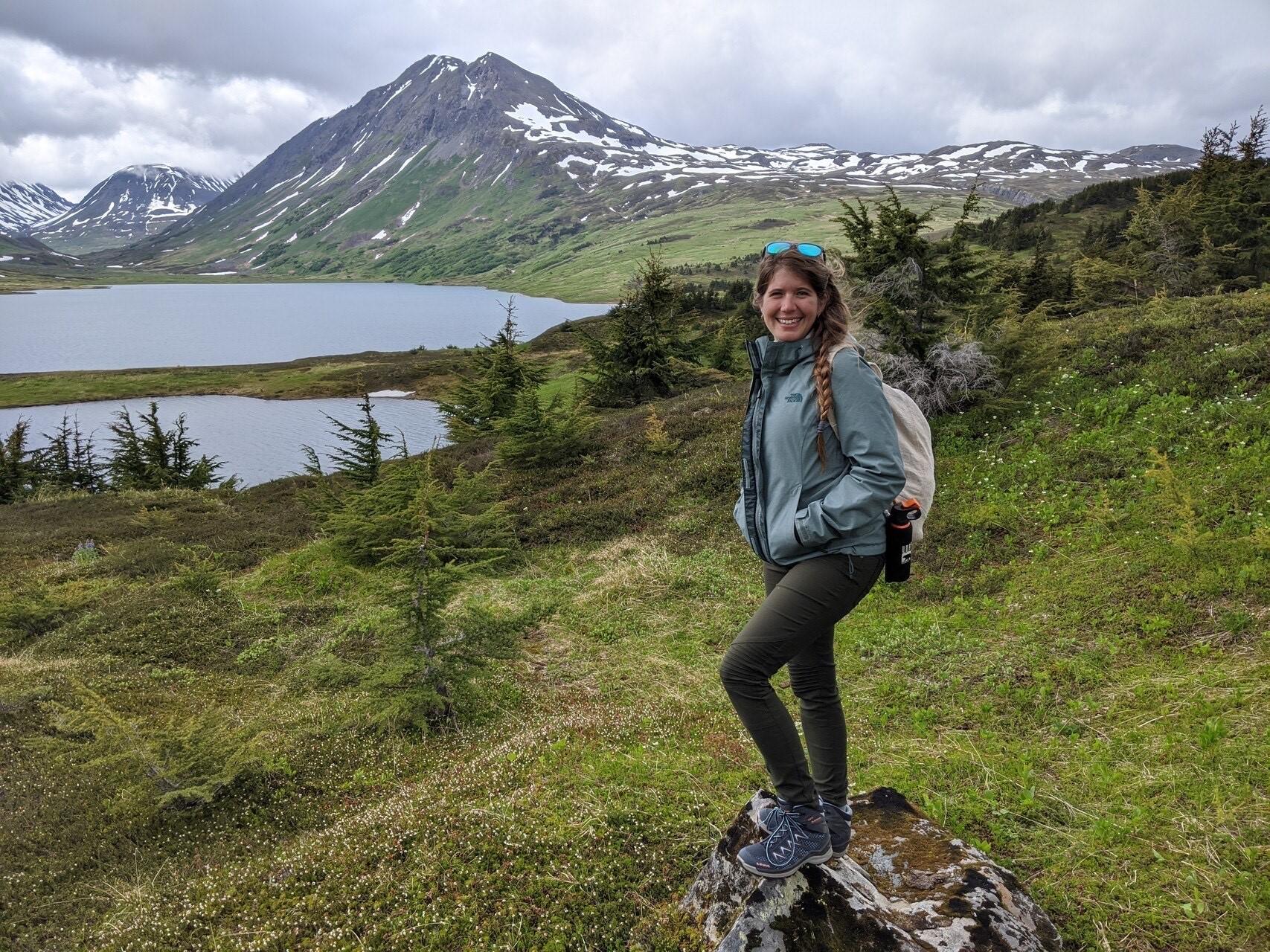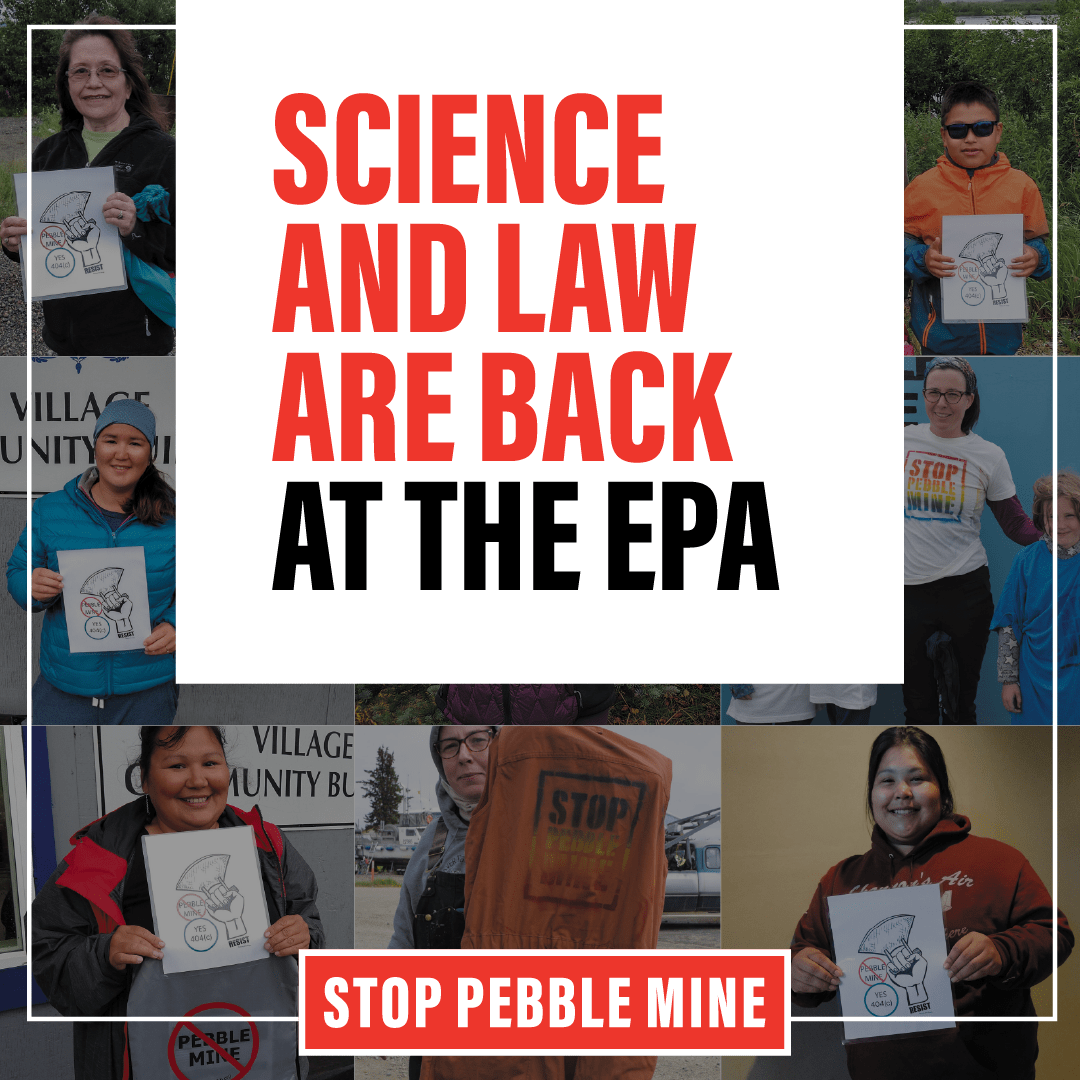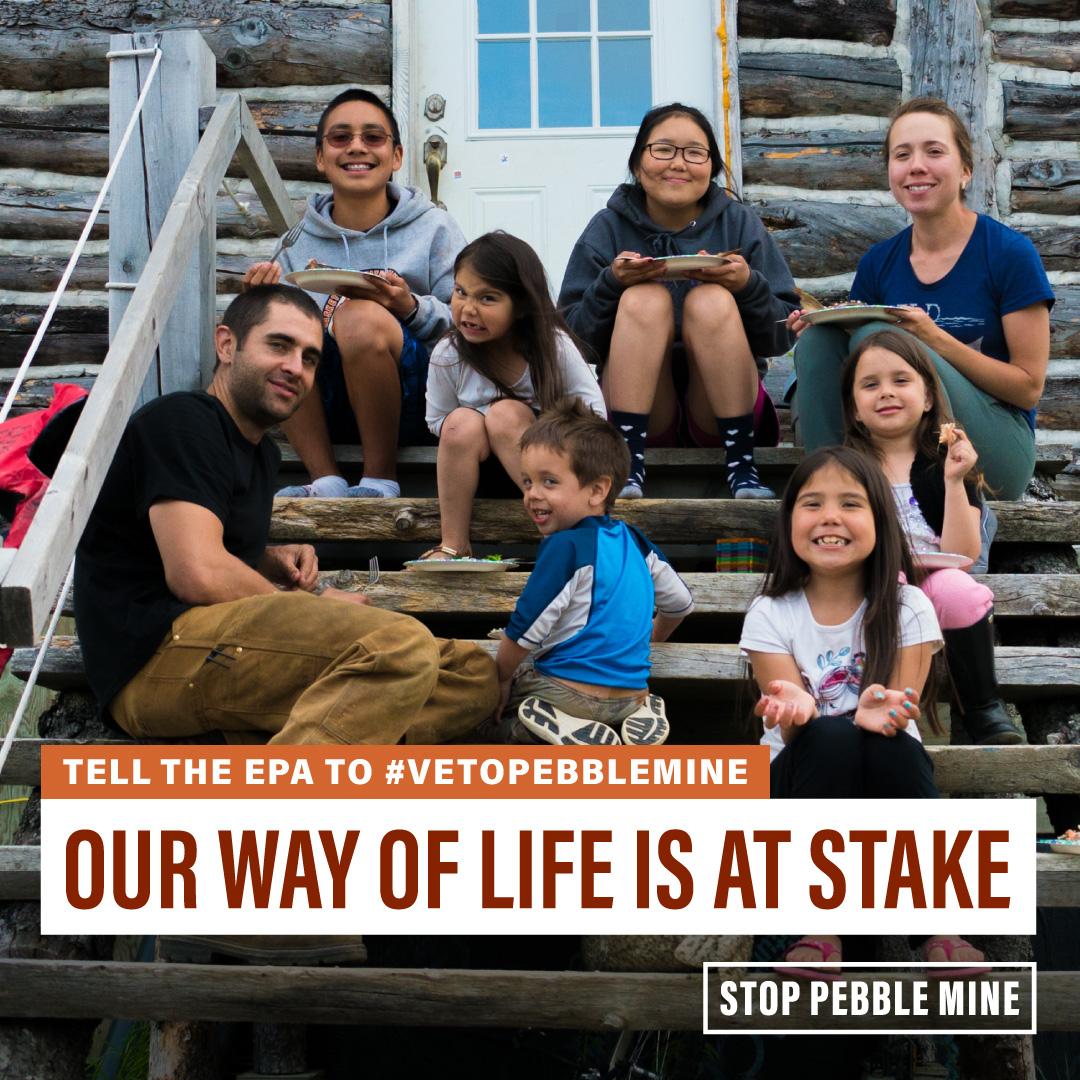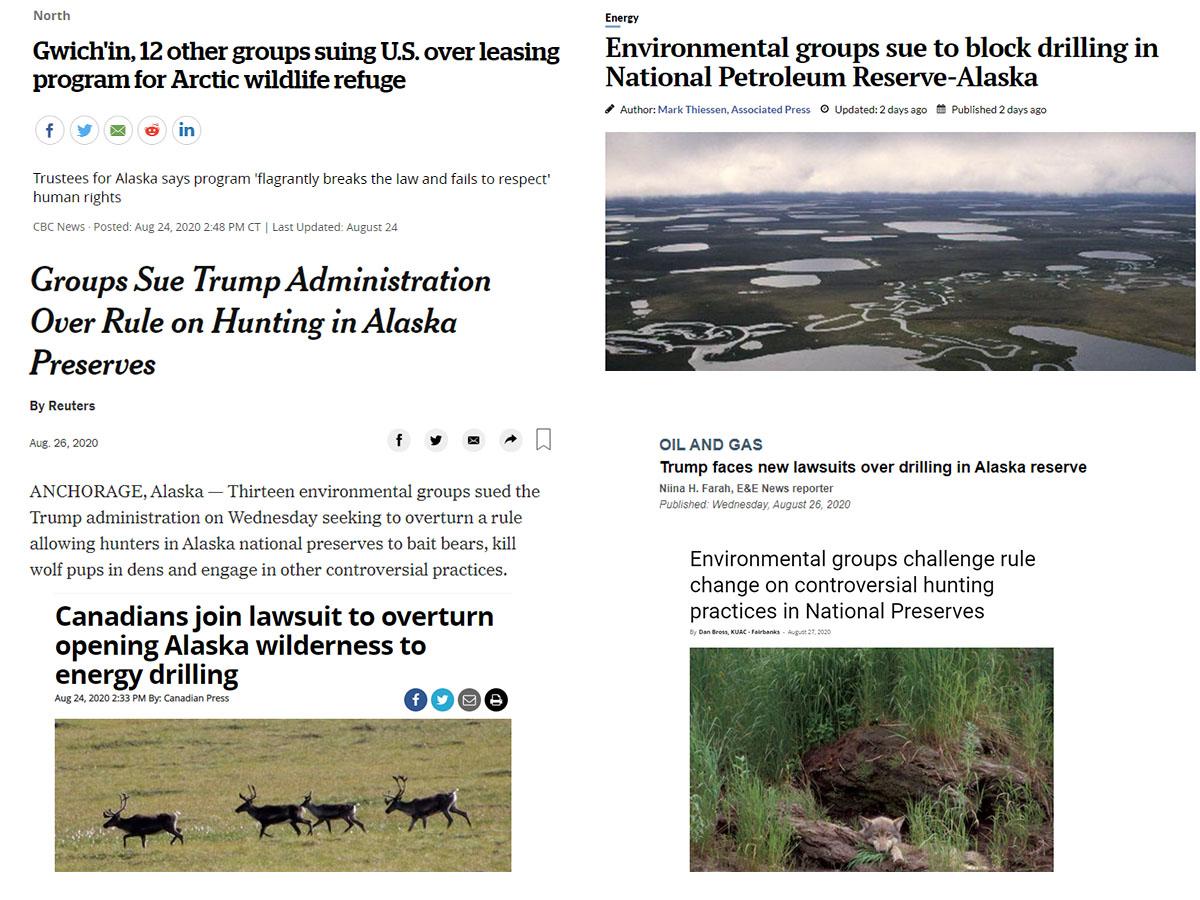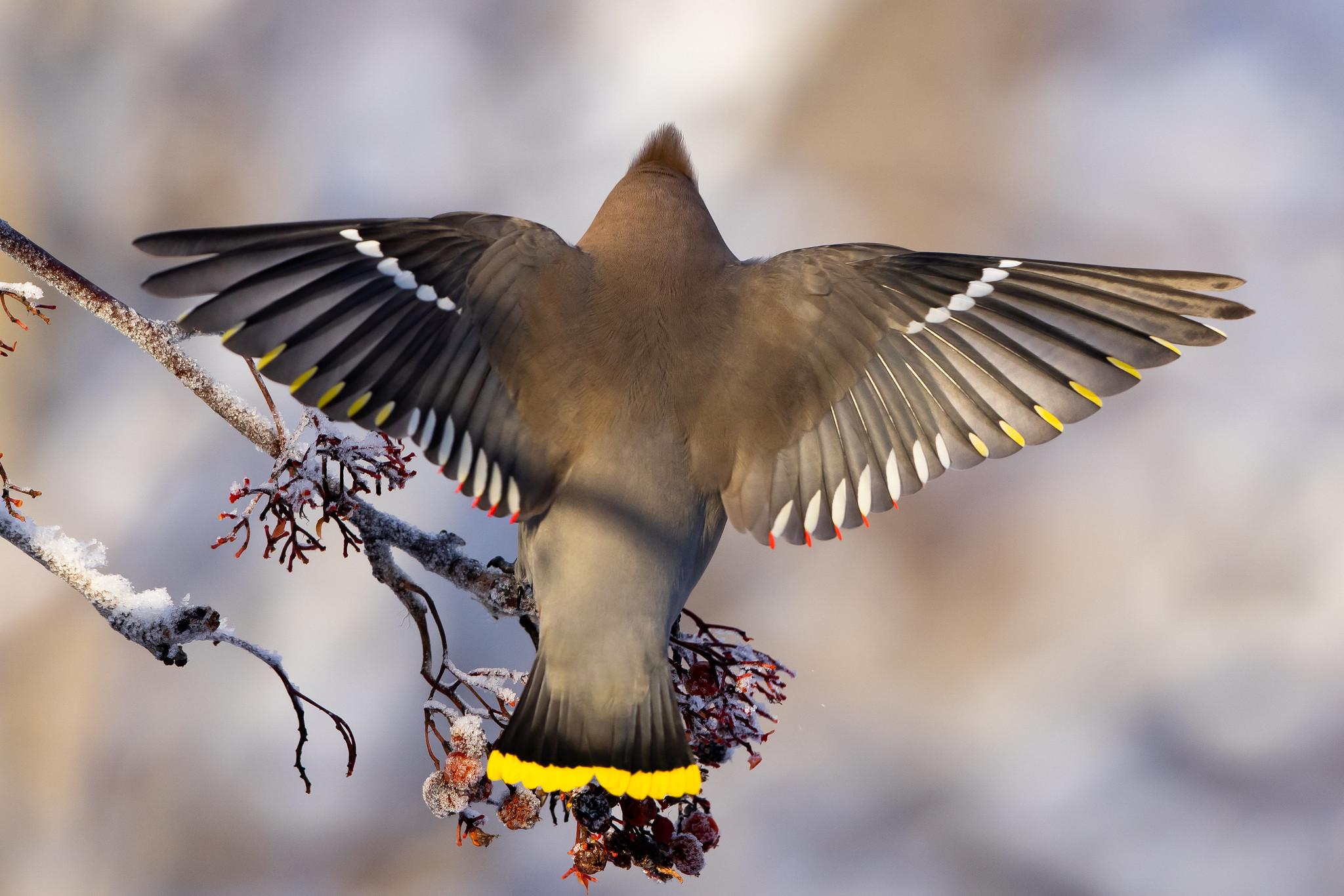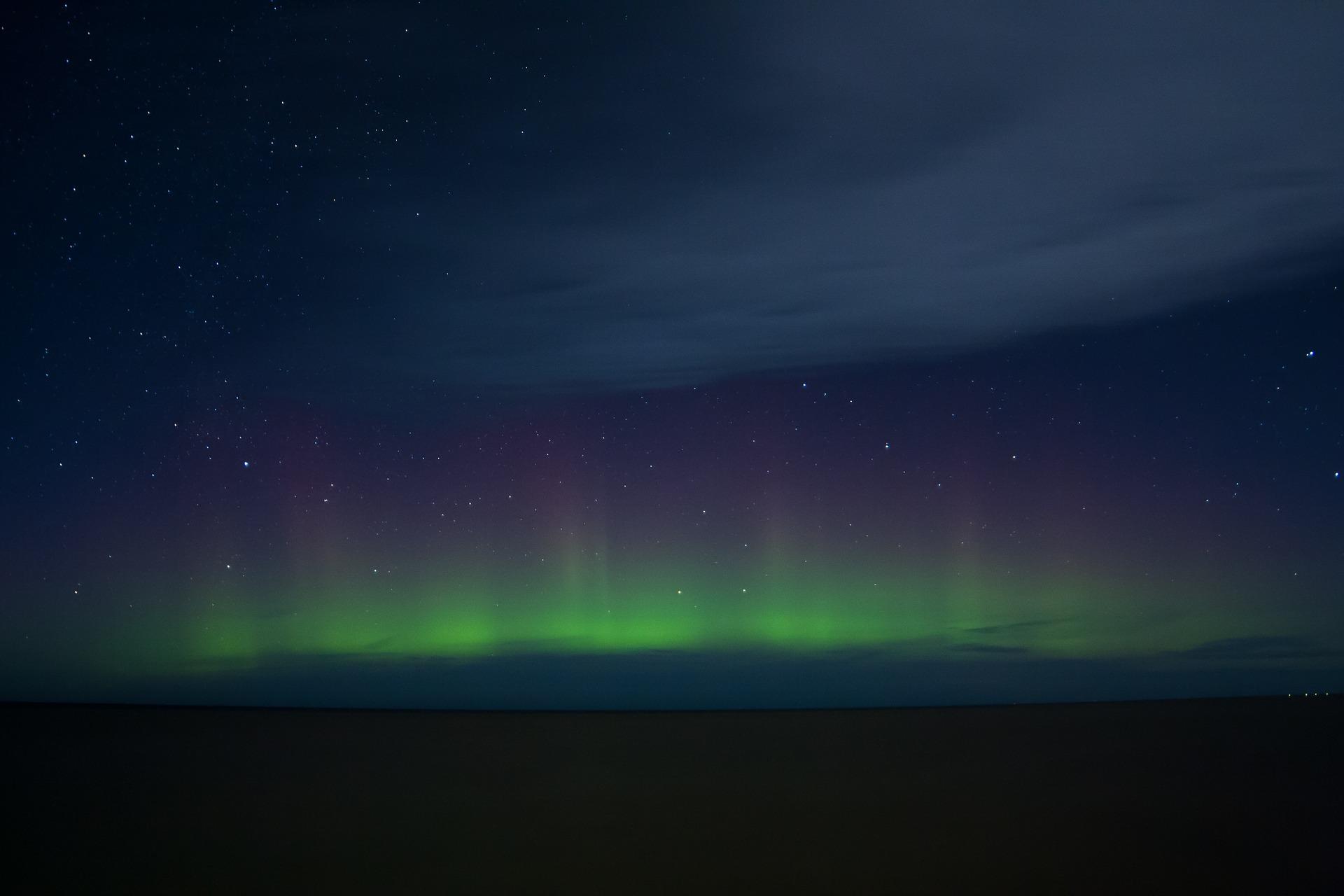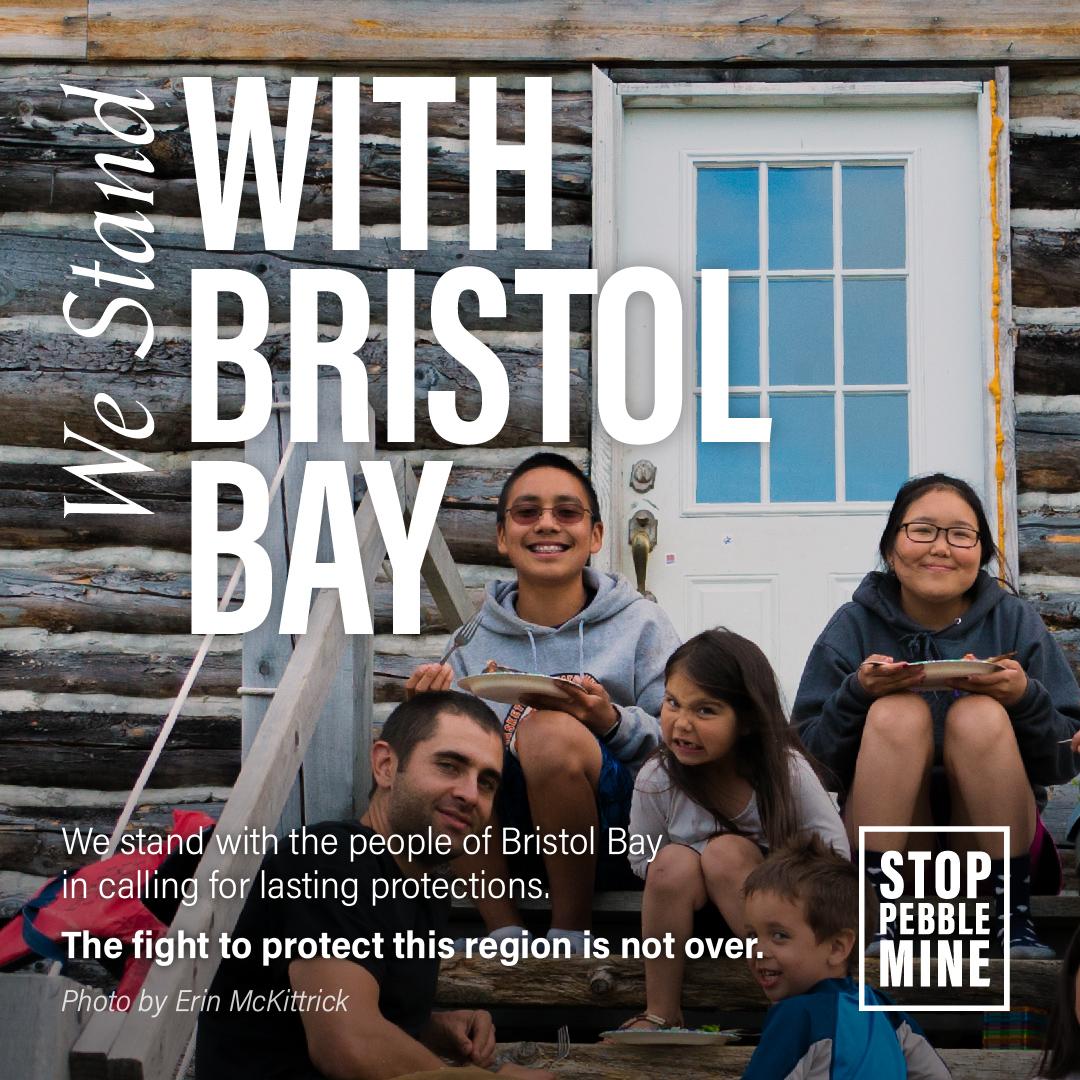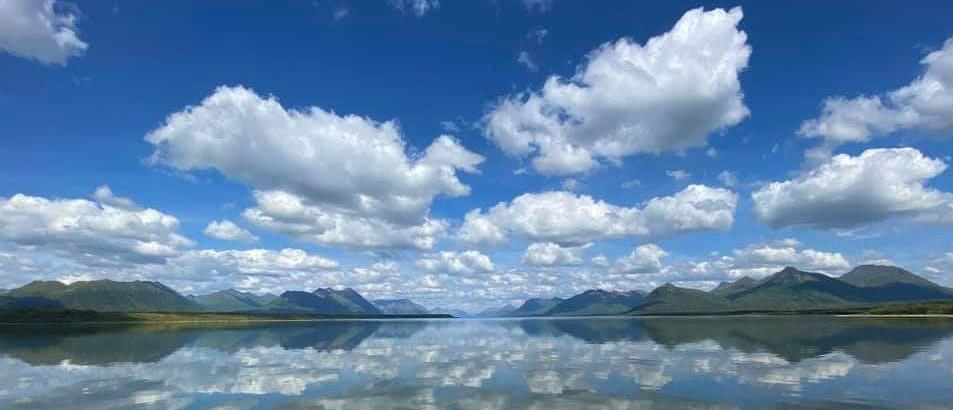You searched for pebble
-1
search,search-results,paged,paged-3,search-paged-3,bridge-core-3.1.1,qode-page-transition-enabled,ajax_fade,page_not_loaded,,qode-title-hidden,qode-child-theme-ver-1.0.0,qode-theme-ver-30.0.1,qode-theme-bridge,wpb-js-composer js-comp-ver-7.4,vc_responsive
Teresa Clemmer talks about the zigzag way
By Teresa Clemmer The trajectory of my life has always been more of a zigzag than a straight line. I spent my early years living in San Diego, Miami, Tokyo, and Northern Virginia. My teenage years were mostly in San Diego with my mom, but my sister and I took extended side trips to Jamaica, Venezuela, and Ecuador to spend time with our dad. Then I went to college at Princeton in New Jersey, completed a year-long public interest fellowship in the San Francisco area, spent a second year in the Florida Keys, went to law school at Georgetown in Washington, DC, and then moved back to San Francisco cutting my teeth there as a young lawyer.Good change comes around. Alaska News Brief August 2023
It’s always good to have something to celebrate when new folks come around. And we got great news with a court win within a week of welcoming back Teresa Clemmer, who worked with Trustees years ago and came back this month as our legal director.Drinks with lawyers—Rachel makes a case for shiny red shoes
Rachel’s family knew she would be a lawyer before she did. Her grandfather used to tell her that long before she knew a thing about the legal field, but she didn’t buy it—maybe because she didn’t like other people telling her what to do, or maybe because she was the family member who would argue with him about anything, or because she was just a kid with an imagination as broad and expansive as the future. Whatever the case, no one doubted her penchant for advocacy. Take the story of the shiny red shoes.How building a house in Idaho changed national wetlands policy and now threatens waterways in Alaska
In late May, the U.S. Supreme Court again stepped out of its role as interpreter of the Constitution and law and did what only Congress is allowed to do: Rewrite the definition of “waters of the United States” in the Clean Water Act. If you care about clean water and understand the tremendous progress made in the last 50 years in cleaning up rivers choked with so much pollution they burned, seeing huge fish kills because of toxic pollutants, and seeing beaches closed to swimming because people were getting sick, then you should worry about how the Sackett v. EPA case reverses that progress.Drinks with lawyers—Katie talks about going into the unknown
At 28 and just a few years out of law school, Katie Strong left a policy-focused job in Yellowstone to work on the 2010 Pebble mine trial for Trustees for Alaska. She wanted to litigate and finally got her chance.Press Releases: 2019
29 Mar, 2023
in
April 8, 2009: Palin’s Predator Control Program Said To Violate “Sustained Yield”...
in
Press Releases: 2010
29 Mar, 2023
in
January 6, 2010: Dirty Coal Dust Continues to be a Problem for...
in
Press Releases: 2011
29 Mar, 2023
in
February 25, 2011: Judge Rules Best Interest Finding for Beaufort Sea Leases...
in
Press Releases: 2014
29 Mar, 2023
in
March 18, 2014: Alaskans Press Federal Agency to Protect Health of Mat-Su...
in
Press Releases: 2015
29 Mar, 2023
in
February 23, 2015: DNR Opens Public Comment Period on Water Rights for...
in
A Homer couple uses Pick.Click.Give. to protect the places they love
Rika and John Mouw settled in Alaska from the mountains of Colorado almost 30 years ago. Residing in Homer, the Mouws enjoy the beauty of both the mountains and the sea. Lifelong environmentalists, they are passionate about supporting the work of Trustees for Alaska. Here's their story of using Pick.Click.Give. to give back to Alaska and the places they love.A bittersweet farewell: Alaska News Brief December 2022
December feels bittersweet this year. Sweet because I love snowy mountains and am excited to begin a new chapter of conservation work, community engagement, and exploration of new places here in Vermont. And, also, Alaska holds a special place in my heart, like it does with so many others. Leaving so much that I love about my work and life in Alaska is no easy feat. These transitions, however rewarding and full of hope, can be challenging. And yet it was a transition that brought me to Alaska to work for Trustees years ago.To make is to share, a winter solstice reflection
Every December as the shortest day of light approaches, we like to...Between a rock and a hard place: Pushing for “green energy” mining could replace one catastrophe with another
By Dawnell Smith Clean energy is in the air these days—in the...In memory of a fierce advocate for good: Alaska News Brief September 2022
We lost a friend and board member to cancer last month. Glo...Press Releases: 2018
16 Aug, 2022
in
January 29, 2018: Lawsuit challenges Zinke, King Cove land exchange January 31,...
in
What will it take to permanently protect Bristol Bay? First, speak out.
The EPA is listening, so speak up to protect Bristol Bay salmon, water, and communities. You can help permanently protect Bristol Bay and all the lives, livelihoods and ways of life it sustains. In late May, the U.S. Environmental Protection Agency made a move toward protecting Bristol Bay by releasing a revised proposed determination under the Clean Water Act Section 404(c) that would prohibit and restrict the use of some Bristol Bay headwaters as disposal sites for mining waste. The comment period runs through July 5.What’s going on in Juneau?
The Alaska legislature finishes its first session of the year in mid-May, and there’s a lot going on. Some of it sounds weedy, confusing, even like good news for climate. There’s more than meets the eye, though, so let’s take a look under the surface.Ungrateful // grateful: Alaska News Brief November 2022
Okay, it’s true. Sometimes I want to stay in bed. It’s cold...Nurturing lawyers to protect Alaska’s and the planet’s future
We know our work goes beyond our issues and lawsuits, and includes supporting and nurturing attorneys who want to pursue work in environmental law now and into the future. Our post-graduate fellowship program allows recent law school graduates or established attorneys to get experience and mentorship in all facets of our work. Here, we share a Q&A with Rachel Briggs, who joined us as a fellow in 2019 and later became a Trustees attorney.Salmon ahead, salmon behind: Alaska News Brief September 2021
The salmon season is behind us, and ahead of us, too. That’s...EPA must protect Bristol Bay once and for all
For years, Alaskans have made it clear that trading salmon for copper and gold is a bad deal that they’re unwilling to make. And for good reason: Bristol Bay fishery is having another record-setting year, with over 65.5 million sockeye salmon returning to Bristol Bay.Our 2021 view of the lawsuits and issues
Things look far rosier now than a year ago when it comes to public lands management, clean air and water, protecting wildlife and tackling the climate crisis. The Biden administration came out of the gate with clear actions that make climate and environmental health a key component of every decision-making process across all departments. But prior federal actions and lawsuits mean the work has in many ways just begun.Alaska News Brief January 2021: When relief comes to light
Many of us feel a palpable sense of relief right now. We...December 2020 News Brief–A winter reverie with Loki
23 Dec, 2020
in America's Arctic, Bristol Bay, Clean Air and Water, News, Newsletters, Social justice, Wild Lands & Wildlife
Sharing the same space really matters. It helps us understand each other more fully, with compassion, and to better communicate the nuance when making a point, light heartedly ribbing a friend, sharing a favorite song by oversharing it, or dishing out another cinnamon roll--oh how I miss my mother's homemade holiday cinnamon rolls!
in America's Arctic, Bristol Bay, Clean Air and Water, News, Newsletters, Social justice, Wild Lands & Wildlife
What will it take to protect Bristol Bay forever?
The U.S. Army Corps denied a permit for the proposed Pebble mine...In memory and celebration of Todd Radenbaugh
Our friend and longtime Trustees board member Dr. Todd Radenbaugh died at home on October 26.As his wife Michelle said, “Todd was many things to many people. A professor, a friend, a brother, a son, a husband. But whichever he was to you we can agree his compassion, strength and kindness shined through.”
Alaska News Brief September 2020: A bedrock law in peril
The National Environmental Policy Act, affectionately called NEPA in the alphabet soup of environmental law, is the cornerstone law that requires the federal government to look at the environmental, economic, social, and health impacts of any decision that might impact the environment.It applies to federal permitting decisions like those related to logging, mining, transportation, oil and gas extraction, and infrastructure like pipelines. It also applies to consequential multi-year land management plans that can set out how federal lands may be subjected to extractive projects.
Most important, it gives local people and the public generally the chance to participate in the federal decision-making process to convey their concerns, knowledge, approval, and disapproval.



